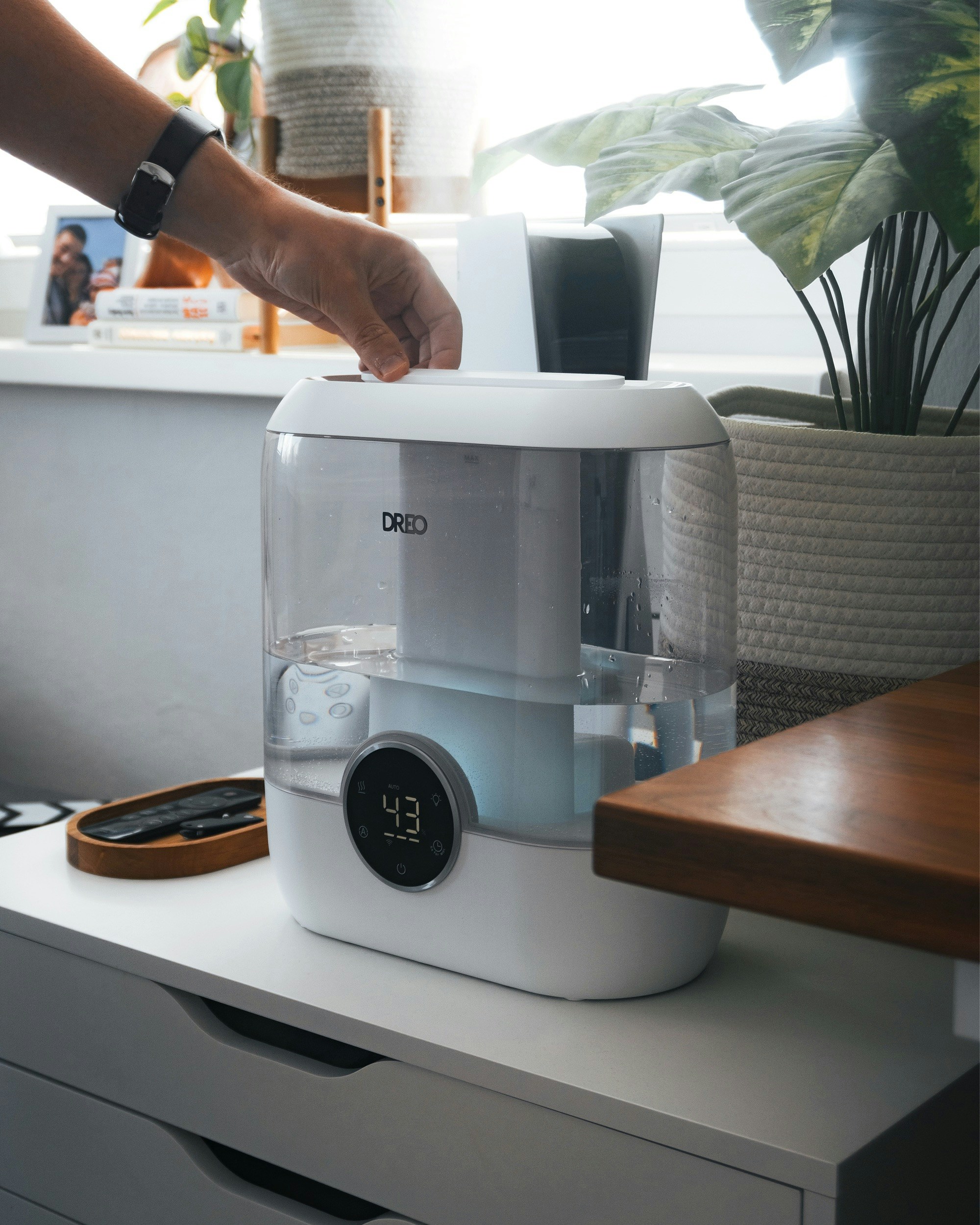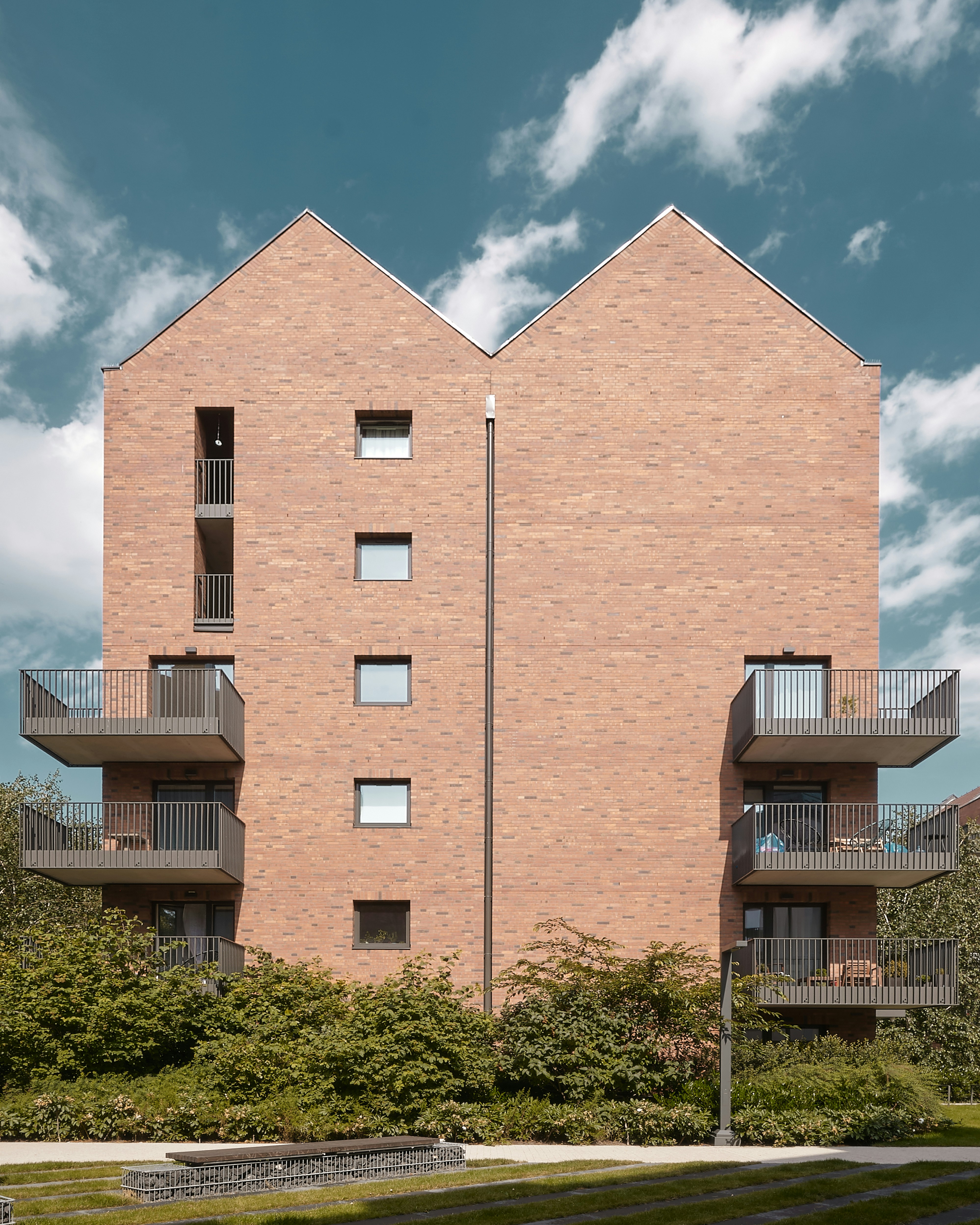Proptech Tools That Help Small Operators Run Smarter

Small property operators face unique challenges in today’s competitive real estate market. Unlike large property management companies, small operators often manage multiple roles at once, from leasing and accounting to maintenance and tenant communications. Balancing these responsibilities efficiently can be a daunting task. Fortunately, property technology, or proptech, provides solutions that allow small operators to work smarter, streamline processes, and maximize revenue without necessarily increasing staff.
In this blog post, we will explore the essential proptech tools that help small property operators improve efficiency, enhance tenant experience, and boost net operating income (NOI).
Why Small Operators Need Proptech Solutions
Proptech has rapidly evolved from niche software for institutional investors to accessible tools for small operators. Implementing proptech solutions allows operators to:
- Automate repetitive tasks such as rent collection, maintenance requests, and lease renewals.
- Access real-time data to make informed decisions about occupancy rates, pricing, and operational efficiency.
- Enhance tenant satisfaction with digital communication channels, online payments, and streamlined support.
- Increase profitability by identifying operational inefficiencies, reducing vacancies, and optimizing NOI.
According to industry studies, property operators who adopt digital solutions see significant improvements in both operational efficiency and tenant retention. For small operators, these advantages are critical for competing with larger firms.
Essential Proptech Tools for Small Operators
1. Property Management Software
Property management software is the foundation for running properties efficiently. Cloud-based solutions allow small operators to manage operations from any location without the need for a dedicated IT team. Key features of property management software include:
- Online rent collection and payment tracking to reduce late payments and simplify accounting.
- Maintenance request management so tenants can report issues, and operators can track repairs in real time.
- Lease tracking and renewal reminders to ensure contracts are up to date.
- Financial dashboards to monitor NOI, expenses, and revenue trends.
Popular options for small operators include Buildium, AppFolio, Rentec Direct, and TenantCloud. These platforms integrate multiple operational areas into a single dashboard, allowing small operators to manage multiple properties efficiently.
2. Accounting and Financial Management Tools
Efficient accounting is critical for small operators aiming to maintain profitability. Property-specific accounting tools provide accurate reporting and insights that general accounting software may not offer. Key capabilities include:
- Automated expense categorization to track operational costs accurately.
- Cash flow monitoring to identify trends and potential financial risks.
- Net operating income analysis to evaluate property profitability.
- Tax reporting and preparation support to reduce errors and save time.
Software like QuickBooks Online, Stessa, and Yardi Breeze is specifically designed to simplify accounting for small operators, providing actionable insights into their financial health.
3. Digital Leasing and Tenant Experience Platforms
A seamless leasing experience is a critical differentiator for attracting and retaining tenants. Digital leasing tools provide convenience for both operators and tenants. Key features include:
- Online rental applications and e-signature leases to accelerate leasing.
- Tenant screening services for background checks and credit verification.
- Automated rent reminders to improve on-time payments.
- Tenant communication portals for maintenance requests and general inquiries.
Platforms such as LeaseHawk, Cozy, and TurboTenant help operators manage the leasing process efficiently, reduce administrative overhead, and improve tenant satisfaction.
4. Maintenance and Operations Automation Tools
Maintenance is one of the most time-consuming aspects of property management. Proptech tools allow operators to:
- Automate work order management to prioritize and assign tasks quickly.
- Schedule preventive maintenance to reduce emergency repairs and prolong asset life.
- Track vendor performance and history of repairs for accountability.
- Monitor property conditions in real time using smart sensors and IoT devices.
Using platforms like UpKeep, Fixflo, and Maintenance Connection, operators can ensure timely maintenance, improving tenant retention and operational efficiency.
5. Data Analytics and Market Intelligence Tools
Informed decision-making is crucial for small operators to maximize revenue and reduce risk. Data analytics and market intelligence tools provide insights such as:
- Market rent comparisons to ensure competitive pricing.
- Occupancy and turnover trends to predict revenue fluctuations.
- Revenue and expense analysis to optimize NOI.
- Investment opportunity identification based on property performance and market trends.
Tools such as Reonomy, Mashvisor, and Rentometer allow operators to use data to make strategic decisions, whether adjusting rent, targeting new tenants, or improving operational efficiency.
6. Smart Home and IoT Technology
Property technology is no longer limited to software. Internet of Things (IoT) devices and smart home technology can enhance tenant experience while improving operational efficiency. Examples include:
- Smart thermostats that reduce energy costs.
- Leak detectors and water monitoring systems that prevent costly property damage.
- Keyless entry systems for improved security and convenience.
Small operators using IoT devices can reduce overhead costs and attract tenants seeking modern, tech-enabled living spaces.
7. Marketing Automation and Lead Management
Marketing and tenant acquisition can be time-intensive for small operators. Proptech tools that offer marketing automation help:
- Promote vacancies on multiple listing sites automatically.
- Track leads and follow up with prospective tenants.
- Analyze marketing performance to optimize advertising spend.
Platforms like Propertybase, Entrata, and HubSpot CRM provide operators with tools to streamline marketing, improve tenant acquisition, and reduce vacancy periods.
Best Practices for Integrating Proptech
Adopting technology requires more than purchasing software. Small operators should focus on strategic implementation:
- Assess needs carefully to identify operational gaps.
- Start with high-impact areas like rent collection or maintenance automation.
- Ensure integration across platforms to avoid data silos.
- Train staff and tenants to maximize adoption and efficiency.
- Monitor and measure performance to continuously improve operations.
By following these practices, small operators can reap the full benefits of proptech while avoiding common pitfalls.
Overcoming Challenges
Small operators may face challenges when adopting proptech, including:
- Budget limitations that require careful selection of cost-effective tools.
- Learning curve and training requirements for staff and tenants.
- Integration challenges with existing software or processes.
- Resistance to change, particularly from tenants or team members accustomed to traditional methods.
Addressing these challenges proactively ensures smoother adoption and faster returns on investment.
Conclusion
Proptech solutions provide small property operators with the tools necessary to operate more efficiently, enhance tenant satisfaction, and increase profitability. By leveraging property management software, accounting tools, digital leasing platforms, maintenance automation, analytics, IoT devices, and marketing automation, small operators can compete effectively with larger firms.
Integrating proptech is not just a trend but a strategic imperative. Small operators who embrace these tools position themselves for long-term success in a dynamic, data-driven real estate market. By investing in technology, operators can focus on growth, tenant experience, and financial performance while reducing administrative burden.
Adopting proptech today ensures that small operators are prepared for the demands of tomorrow’s real estate landscape.


